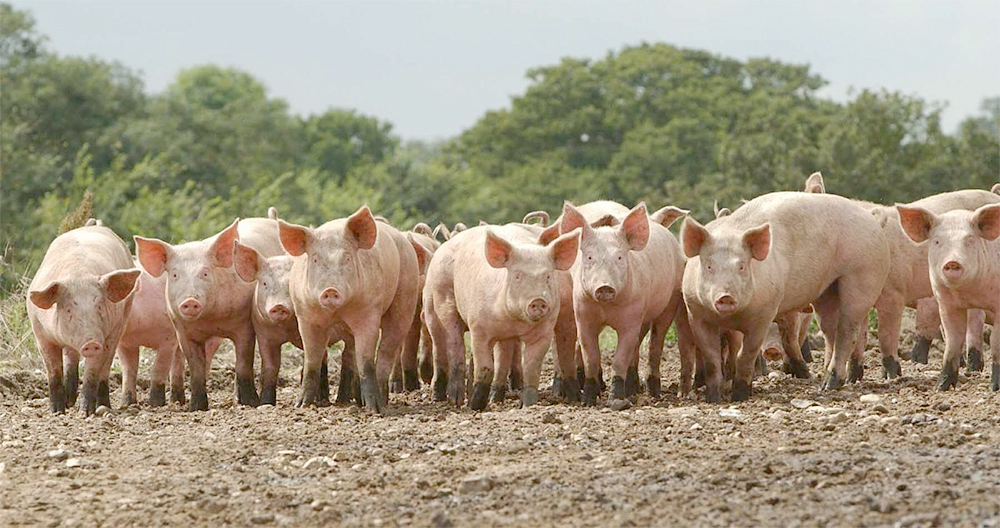
Growing resistance to antibiotics is a threat in animals and the farming industry must 'do its bit' to control the spread, according to Responsible Use of Medicines in Agriculture Alliance (RUMA).
They made the claim because of a report that investors had contacted food companies asking them to stop their meat and poultry suppliers using antibiotics vital for human health.
The investors, including Aviva Investors, Strathclyde Pension Fund and Coller Capital, said they were concerned about the use of antibiotics classified as 'critically important' to human health.
The concern is that the use of antibiotics in livestock is causing antibiotic resistance in humans.
The investors are responding to warnings from the World Health Organization that irresponsible antibiotics practices are leading the world towards a ‘post-antibiotic era’ where routine operations will no longer be possible and many infections no longer treatable,” they said in a statement.
"We recognise concerns about growing resistance to antibiotics," said RUMA.
"But in humans, resistance is largely attributed to human medical use with a recent study confirming farm animal use could be responsible for as few as one in every 370 clinical cases.
The concept that food companies work sustainably with their supply chains to reduce the need for antibiotic use in farm animals was welcomed by RUMA.
However, it’s critical that potential impacts on welfare, food safety, product quality and investment are fully understood by the businesses involved so that farmers have the confidence, means and support to make any necessary changes.
"It is equally important this issue does not end up being exploited as a marketing tool. There is a risk that misrepresentation of facts and a failure to appreciate the situation in different countries could end up harming welfare, cause unnecessary suffering and lead to significant losses in our farm livestock sector.
"For example, while a reported 70% of antibiotics in the US might be used to tackle disease challenges in farm animals, it’s only 40% in the UK, with Public Health England figures[iii] showing medical use of antibiotics is actually 2.4 times that of veterinary, based on kg per biomass (i.e. when corrected for number and weight of animals and people).
"Furthermore, use of antibiotics as growth promoters has been banned in the EU since 2006; antibiotics are only available in the UK on prescription from vets; and the industry has already opted for restrictions to use a number of antibiotics classed as critically important for human health, such as 3rd and 4th generation cephalosporins, fluoroquinolones and colistin, only when truly necessary."
A review commissioned by the government said using antibiotics in farming posed a real threat to public health and must be reduced.
Countries or areas that use more antibiotics, often have higher rates of resistant bacteria, meaning infections are harder to treat. It is also evident that use of antibiotics in animals is correlated with the development of resistant bacteria, as in human use of antibiotics.
The latest review, entitled Antimicrobials in agriculture and the environment: reducing unnecessary use and waste, recommended a reduction in the use of antibiotics in agriculture.
Infections from animals to humans could potentially happen through consumption of undercooked meat, or via the spread of resistant bacteria into environmental reservoirs.
Humans and animals are often affected by similar, or even the same, pathogens. Therefore it stands to reason that many of the antimicrobials used to treat these infectious diseases are similar.
The relative use in agriculture, without better policies, is likely to grow even more due to the rise of economic growth, wealth, and with these, food consumption of the emerging world; Jim O'Neill, who chaired the review, said the results were staggering.
